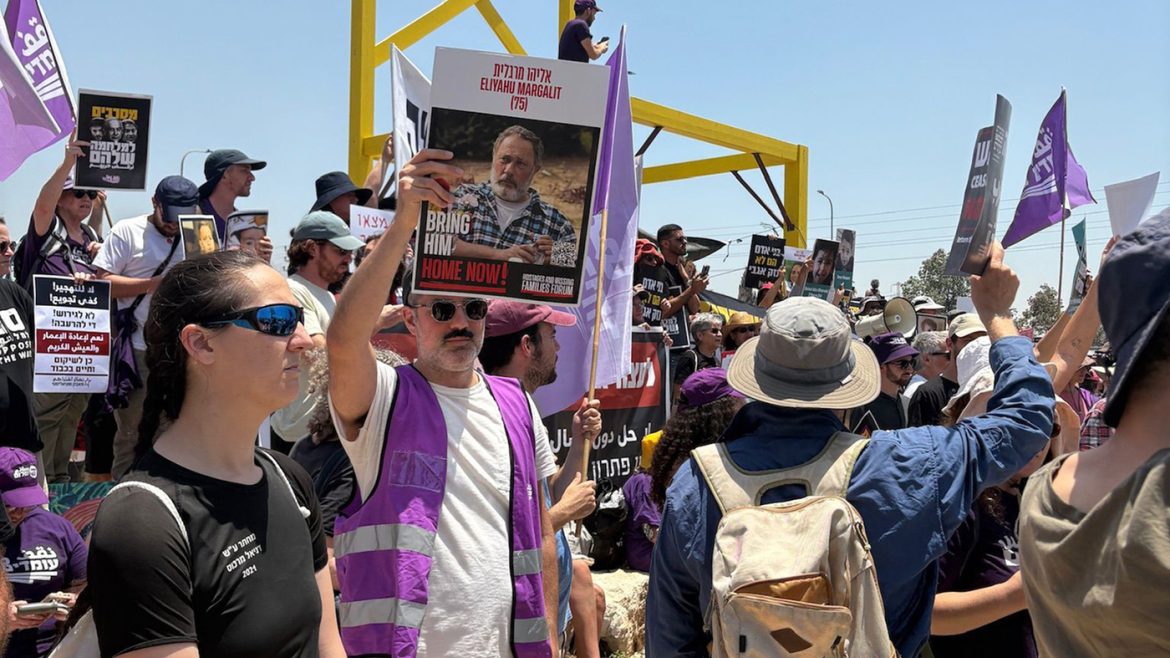Evolving Perspectives Among Israelis on the Gaza War
Since the outbreak of intense conflict between Israel and Hamas in Gaza on October 7, 2023, the Israeli societal landscape has undergone significant shifts. The prolonged war has not only reshaped military strategies and political decisions but deeply affected public opinion, social cohesion, and individual choices within Israel.
—
Emerging Divides: From Initial Unity to Questioning
Initially, the immediate aftermath of Hamas’s attack saw a surge of roughly unanimous support within Israel for military retaliation and war efforts. Confidence was high in the justice and necessity of Israel’s war actions, and Israelis by and large supported defeating Hamas as an existential threat. Public opinion reflected trust not only in domestic leadership but also in key international allies such as the United States, albeit with some declining approval ratings over time.
However, several months into the conflict, cracks began to show. A growing portion of the Israeli public started questioning the efficacy and moral trajectory of the war. The initial resolve has softened as the human toll mounted, particularly with significant civilian casualties in Gaza and continuing Israeli soldier deaths. This shift corresponds with an increase in anti-war protests within Israel, many of which emphasize the plight of Palestinians in Gaza and call on the government to end the conflict and resolve hostage crises through negotiation.
—
Deepening Social and Political Fractures
The war has exacerbated existing political fractures and intensified debates about the kind of state Israelis want to live in. Dense political polarization now marks Israeli society, with some factions rallying behind military expansion and aggressive tactics, while others advocate for de-escalation and humanitarian considerations. The Israeli government has approved plans signaling a potential expansion of their military campaign in Gaza, intending to hold territory, which feeds into these societal divides.
Notably, there is increasing opposition within parts of the military itself, including among reservists, indicating that the war’s impact is penetrating all layers of society. This internal dissent reflects broader anxieties about what prolonged conflict could mean for Israel’s democratic values and global reputation.
—
Psychological and Demographic Impact: Emigration and Internal Anxiety
The war also has direct demographic implications. A notable number of Jewish Israelis have chosen to leave the country, motivated by fears, political disillusionment, or personal safety concerns prompted by sustained violence and uncertainty. This emigration trend underscores the depth of societal unease and the war’s destabilizing effects on communal life.
Within Israel’s borders, the conflict has transformed day-to-day existence—mass evacuations of tens of thousands from northern and southern regions, psychological trauma from ongoing hostilities, and grassroots volunteer efforts to support soldiers and displaced citizens highlight the widespread social disruption.
—
Divergent Media Realities and Global Perceptions
An important facet of this evolving conflict is how Israelis and Palestinians are experiencing and interpreting the war through separate media ecosystems. Israeli media coverage often centers on security concerns, rocket attacks, and the narrative of self-defense, while the Palestinian narrative, often less visible in mainstream Israeli outlets, focuses on civilian suffering in Gaza.
Globally, the war’s portrayal influences international opinion, which has increasingly turned against Israel’s military campaign in Gaza, reflected in the rise of prominent voices opposing the war. This global shift contrasts with Israel’s internal confidence about the war, causing a sense of dissonance and isolation among some Israelis.
—
The Road Ahead: Uncertain Outcomes and Lingering Questions
The concluding months and years ahead remain deeply uncertain. As opposition grows both domestically and internationally, the long-term consequences of the Gaza war are difficult to predict. Will political leadership adjust tactics and seek negotiated solutions? How will Israeli social cohesion fare under sustained strain? And what kind of state emerges from these fractures—one prioritizing security, humanitarianism, or a complex compromise?
The transformation of Israeli society through and after this conflict will be pivotal in defining not only the immediate peace prospects but the broader fabric of Middle Eastern geopolitics.
—
Conclusion: A Nation’s Shifting Soul Amidst War
The war in Gaza has forced Israelis to confront profound questions about identity, morality, and future direction. What started as near-unified support has evolved into a landscape marked by intense scrutiny, protest, and divergent paths—reflecting a society wrestling with the heavy costs of conflict. Understanding this shift in Israeli public opinion and societal dynamics provides critical insight into one of the most consequential and complex conflicts of our time.


